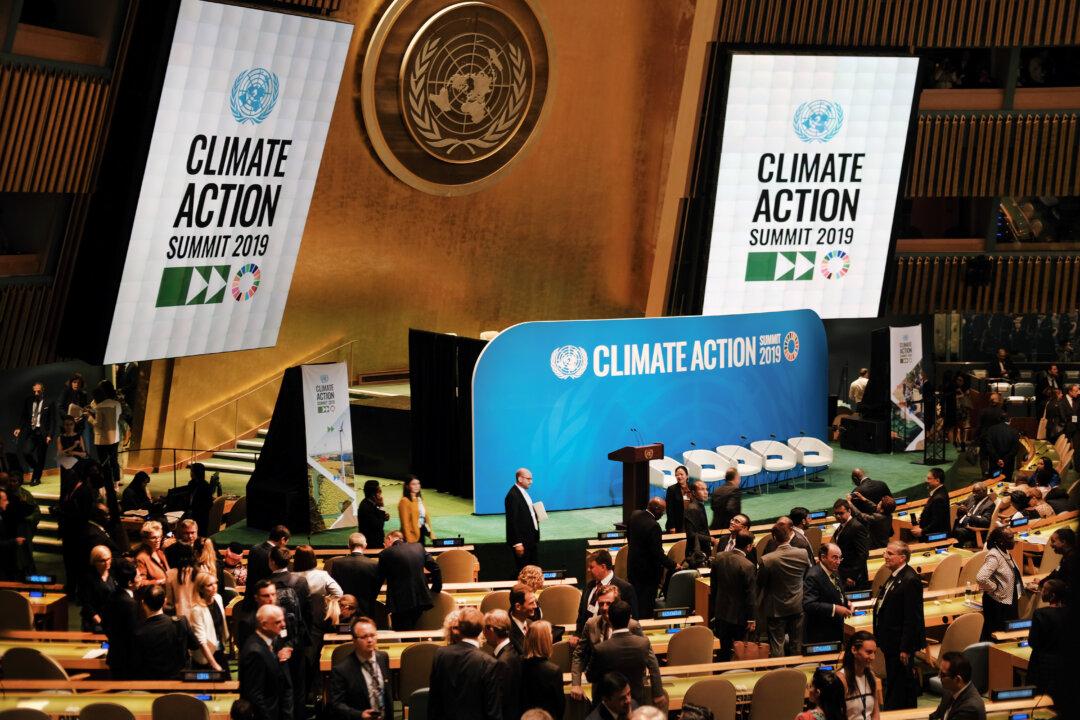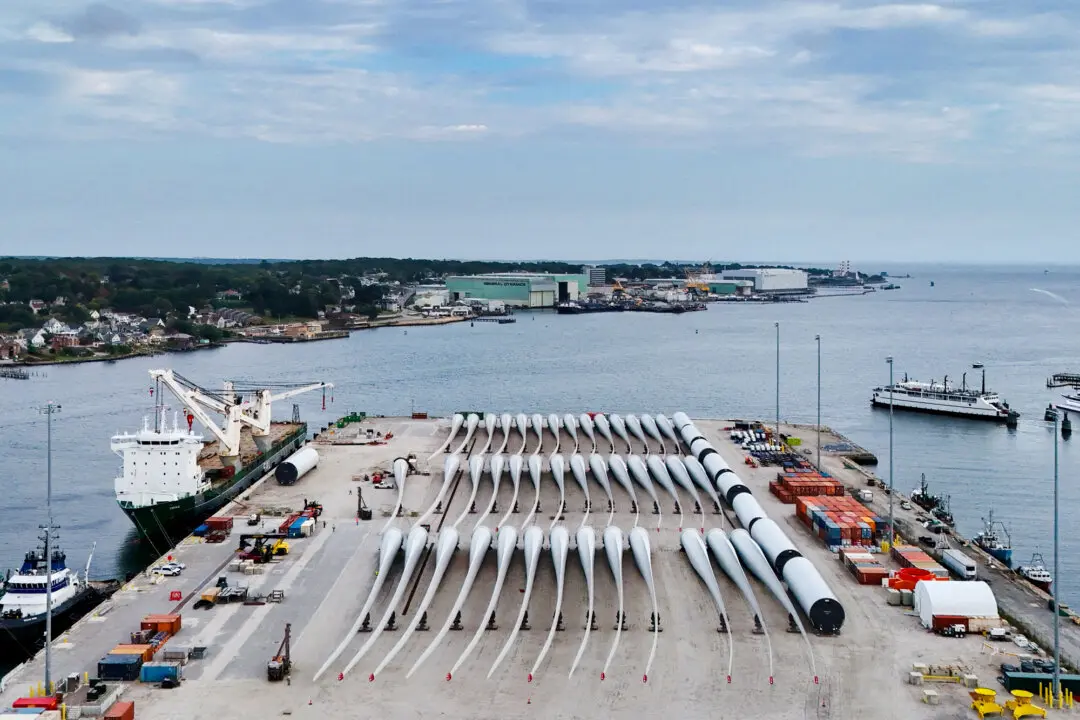Attorneys general from 22 U.S. states sent a letter on Sept. 13 to members of the Net Zero Financial Service Providers Alliance (NZFSPA), warning them that their collective action against the fossil fuel industry may violate state and federal antitrust laws.
“We have laws that say that competitors need to compete and that when consumers suffer as a result of collusion between industry participants, that’s a problem,” Tennessee Attorney General Jonathan Skrmetti, author of the letter, told The Epoch Times.





